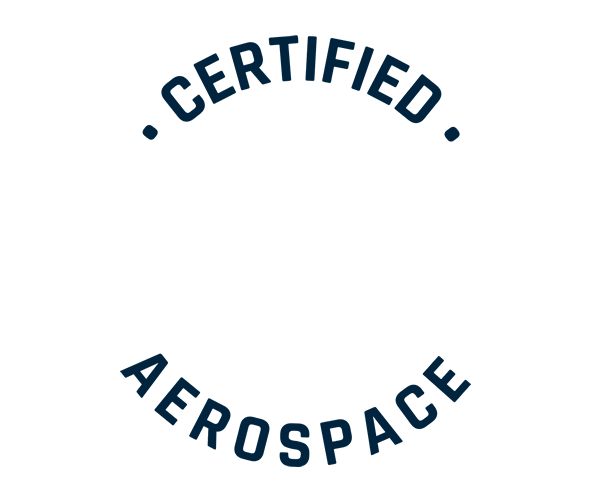In the world of composites, where performance and reliability are key, Vetronite G11 stands out as a material that redefines the standards of electrical insulation and mechanical resilience. This advanced epoxy-glass laminate is engineered to meet the demanding requirements of industries such as power generation, electrical grids, and high-voltage transformers.
What is Vetronite G11?
Vetronite G11 is a high-performance composite material made from glass fabric impregnated with epoxy resin. It is classified as a G-11 type laminate according to NEMA LI-1 standard and belongs to temperature class H, capable of withstanding temperatures up to 180°C. This thermal stability, combined with its excellent mechanical and electrical properties that are way above the minimum requirements of the NEMA standard, makes it an ideal choice for applications requiring durability under extreme conditions.
Key Features of Vetronite G11
- Thermal Resistance: With a temperature index of class H (180°C), Vetronite G11 maintains its structural integrity and insulating properties even under prolonged exposure to high temperatures.
- Electrical Insulation: It offers exceptional dielectric strength and high comparative tracking index (CTI), making it suitable for high-voltage applications like transformers, switchgear, and busbar supports.
- Mechanical Strength: The material exhibits impressive tensile, flexural, and compressive strength, ensuring reliability in mechanically demanding environments.
- Moisture Resistance: Low water absorption ensures consistent performance in humid or moist conditions.
- Chemical Resistance: Vetronite G11 resists chemical degradation, making it suitable for applications in harsh industrial environments where lube oils, acids or bases are present.
- Certifications: The material not only satisfies the requirements of a G11 material by NEMA LI-1, but also the EP GC 203, 306 and 308 quality according to DIN EN 60893. On top of that it is also certified for rolling stock applications according to EN 45545-2:2020 for the requirement sets R22 and R23.
Applications Across Industries
Vetronite G11’s versatility allows it to be used in a wide range of applications:
- Electrical Insulation: Essential for components like slot wedges, busbar supports, and transformer insulation in high-voltage systems.
- High-Temperature Machinery: Ideal for machine parts exposed to elevated temperatures due to its thermal stability and high mechanical properties.
- Mobility sector and Chemical Engineering: Its combination of strength, heat resistance, and chemical durability makes it suitable for demanding aerospace and rolling stock components and chemical processing equipment.
Comparison with other standard Materials
While materials like FR4 are widely used in electrical insulation due to their flame-retardant properties (UL 94-V0), Vetronite G11 excels in environments requiring higher thermal resistance and mechanical strength. Unlike FR4, which is limited to lower temperature classes, Vetronite G11 ensures performance at 180°C without compromising on structural or insulating capabilities. The G10 material aim also at electrical and mechanical requirements but for lower temperatures.
| Property | FR4 | G10 | Vetronite G11 |
| Temperature Class | F (155°C) | B (130°C) | H (180°C) |
| Dielectric Strength | High | Very high | Very High |
| Mechanical Strength | Moderate | High | Excellent |
| Moisture Resistance | Good | Very good | Excellent |
Why Choose Vetronite G11?
For industries prioritizing safety, reliability, and long-term performance under extreme conditions, Vetronite G11 offers unmatched advantages. Its ability to combine high thermal endurance with superior mechanical and electrical properties ensures optimal performance where traditional materials might fail.
Conclusion
Vetronite G11 is more than just an insulating material; it is a solution for modern challenges in power generation, electrical grids, and beyond. By outperforming standard composites like FR4 in critical areas such as temperature resistance and mechanical durability, Vetronite G11 sets a new benchmark for excellence in the composite industry.
FAQ
Q: Can Vetronite G11 be used in high-voltage applications, and if so, what are the benefits?
A: Yes, Vetronite G11 can be used in high-voltage applications, and it offers several significant benefits:
- Excellent Electrical Insulation: Vetronite G11 provides exceptional dielectric strength, making it highly suitable for high-voltage environments. Its high comparative tracking index further enhances its insulating properties, ensuring reliable performance in electrical systems.
- High Temperature Resistance: With a temperature index of class H (180°C), Vetronite G11 maintains its insulating and mechanical properties even under extreme heat conditions, which is crucial for high-voltage applications that generate significant heat and/or run on high temperatures.
- Mechanical Strength: It offers impressive tensile, compressive, and flexural strength, ensuring durability and reliability under mechanical stress in high-voltage equipment.
- Chemical and Moisture Resistance: Vetronite G11’s resistance to various chemicals and low moisture absorption make it ideal for use in diverse and potentially harsh high-voltage environment.
These properties make Vetronite G11 particularly well-suited for applications in high-voltage transformers, switchgear, busbar supports, and other electrical equipment where insulation reliability is paramount. Its use in these applications helps prevent electrical faults, arcing, and ensures the safe and efficient operation of high-voltage systems
Q: What are the key differences between Vetronite G11 and other G11 materials?
A: Vetronite G11 stands out from other G11 materials in several key aspects:
- Temperature Performance: Vetronite G11 has a temperature index of class H (180°C), which is at the higher end of the G11 temperature range. Whereas most other G11 materials are only rated for class F (155°C) which is also required by the NEMA LI-1 for G11 quality.
- Certification: Vetronite G11 is certified according to EN 45545-2:2020, step 22/23, which is a specific fire safety standard for railway applications. This certification may not be present in all G11 materials.
- Specialized Resin: Vetronite G11 is made with a “special epoxy resin,” which may contribute to its superior mechanical and electrical performance characteristics.
- Availability: Vetronite G11 is offered in a wide range of formats, including sheets of various sizes and a roving version, providing versatility for different applications.
These differences suggest that Vetronite G11 may offer enhanced performance and reliability in certain demanding applications compared to standard G11 materials.
Q: What specific industries benefit the most from the properties of Vetronite G11?
A: Vetronite G11’s unique properties make it particularly beneficial for several key industries:
- Electrical Power Industry: Vetronite G11’s excellent electrical insulation properties and high temperature resistance (up to 180°C for Class H) make it ideal for high-voltage applications such as transformers, switchgear, and electrical panels.
- Aerospace and Aviation: The material’s combination of light weight, high mechanical strength, and thermal stability makes it suitable for various aerospace components.
- Chemical Engineering: Vetronite G11’s resistance to chemicals and corrosion, coupled with its high-temperature performance, makes it valuable in chemical processing equipment.
- Industrial Machinery: Its high mechanical strength and temperature resistance make it suitable for high-temperature resistant machine parts, especially in environments with elevated temperatures.
- Oil and Gas: The material’s properties are beneficial for components in compressors and vacuum pumps, such as slides and vanes.
- Railway Industry: Vetronite G11’s certification according to EN 45545-2:2020 makes it particularly suitable for railway applications where fire safety is crucial.
These industries benefit from Vetronite G11’s unique combination of electrical insulation, thermal resistance, mechanical strength, and chemical stability, allowing for reliable performance in demanding environments.
Our Product
Vetronite G11
Resin Material: Epoxy
Reinforcement: Glass
Applications: Electrical insulation, High temperature resistant machine parts, Chemical engineering, Aeronautics and aerospace, Slot wedges
Discover the productOur Product
Vetronite G11 Roving
Resin Material: Epoxy
Reinforcement: Glass
Applications: Electrical insulation, Machine parts, Aerospace
Discover the productOur Product
Vetronite G11 T
Resin Material: Epoxy
Reinforcement: Glass
Applications: Machine construction, Cryogenics, Chemical industry, Electronics, Traction transformer, Generators
Discover the productDownloads

Composites for Industrial Applications
Dive into the world of composites. Discover our material solutions and their areas of application.
Download ↧
